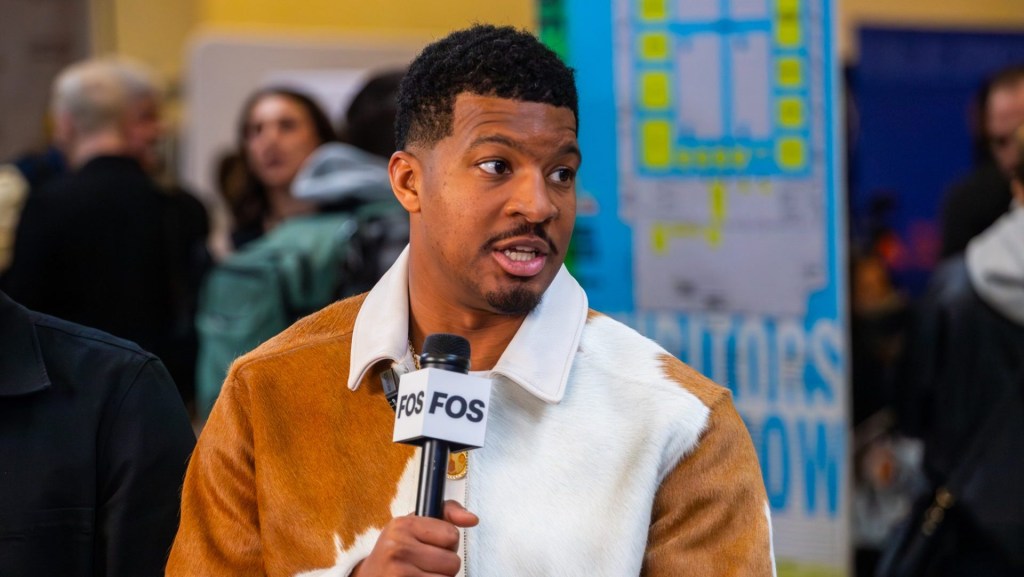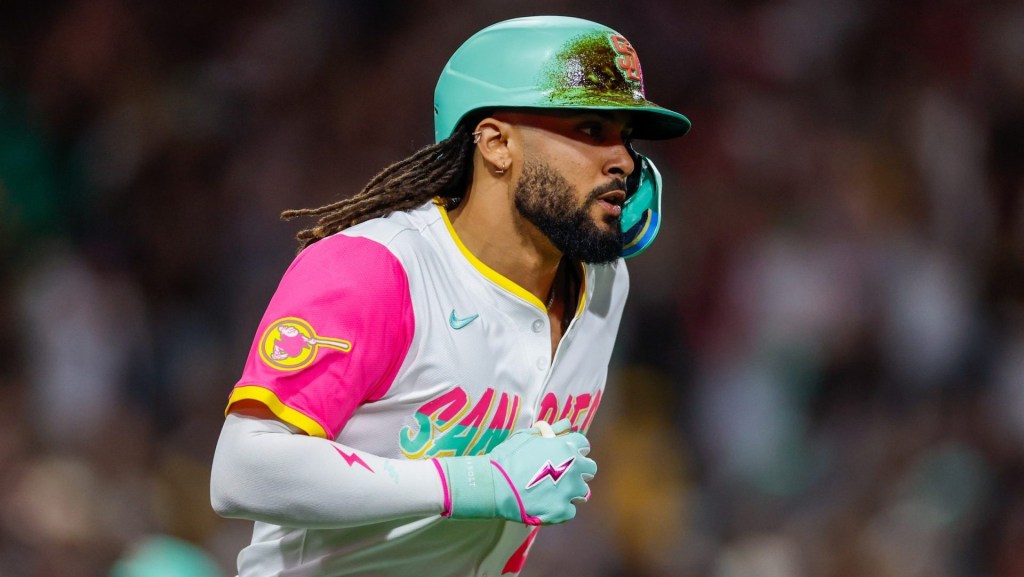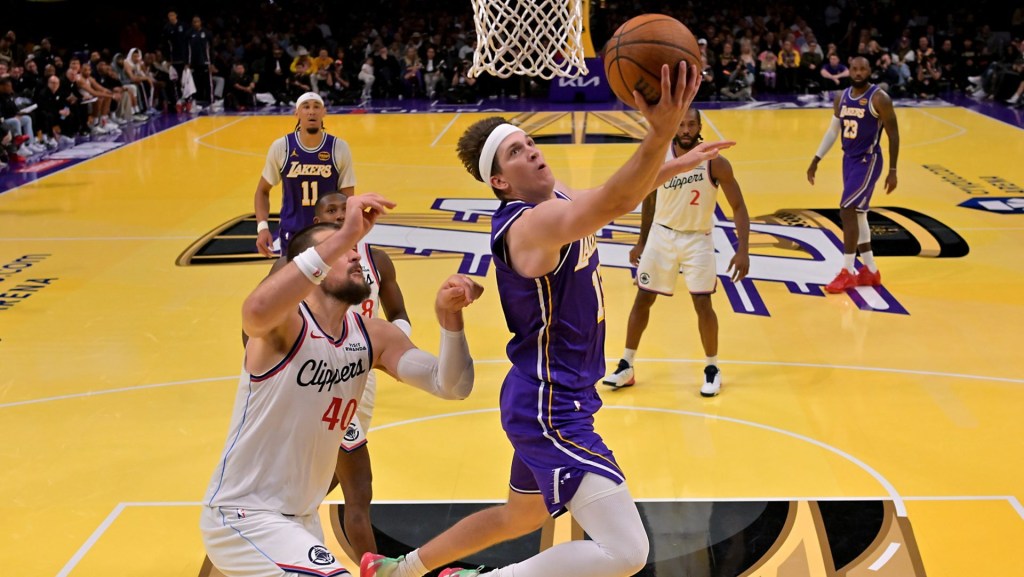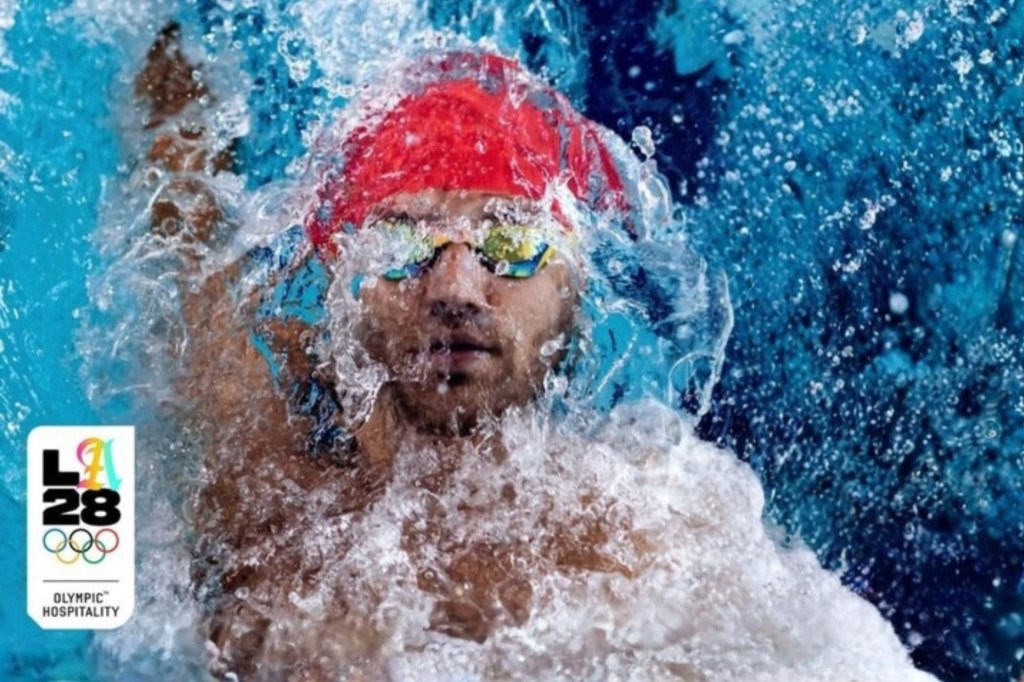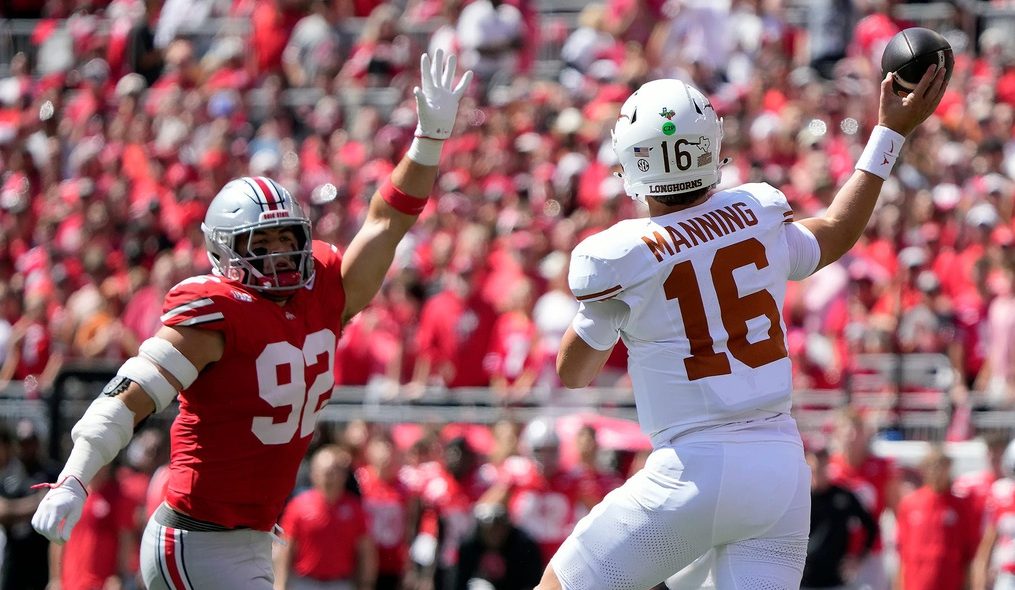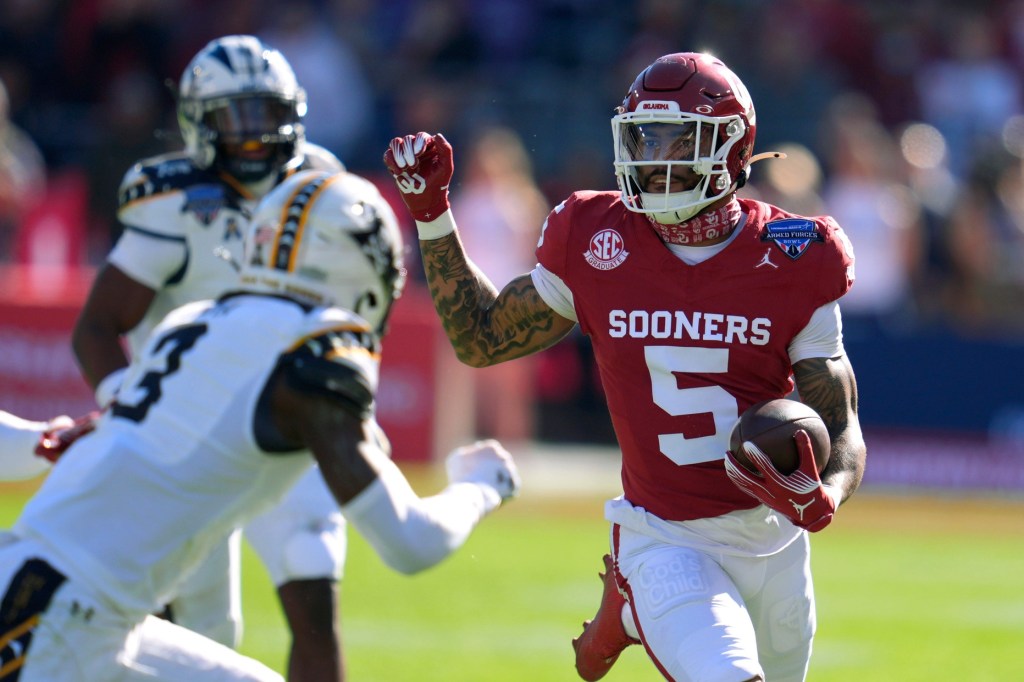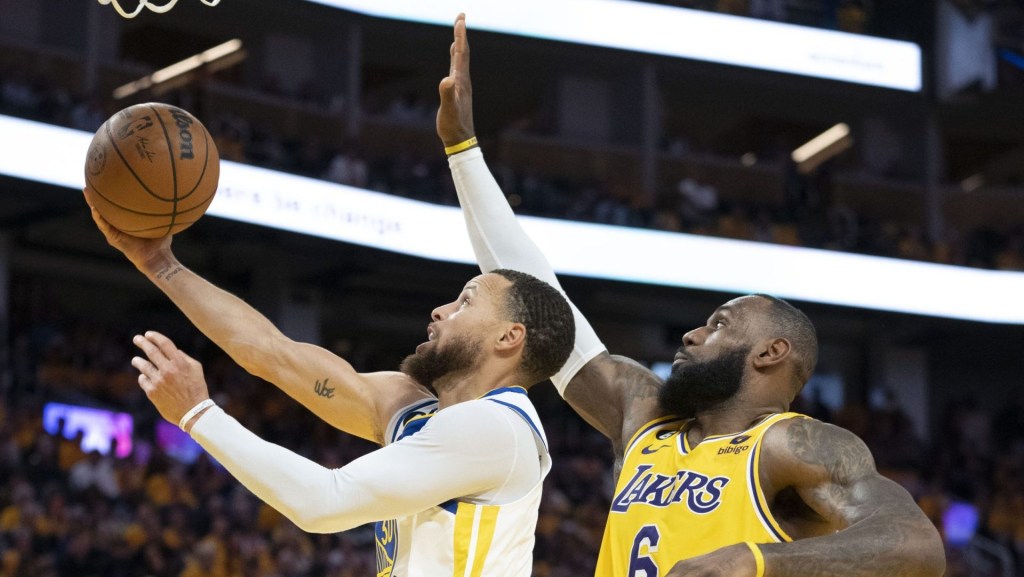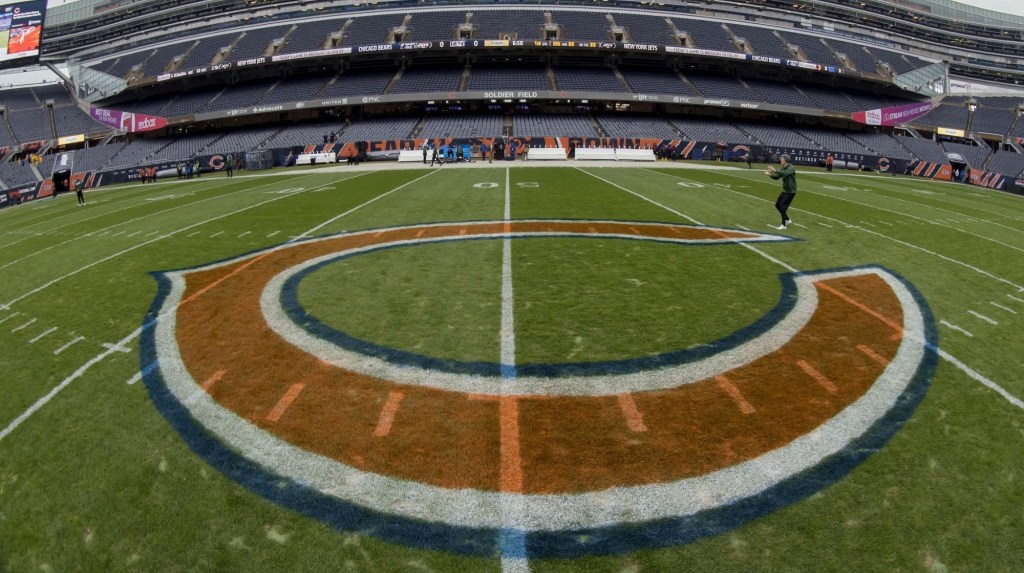
By: Sam Shields, @samshieldss
We remember the weeks leading up to the Sochi Olympics in 2014 in a couple different shades, consisting of unanimous fear that both spectators and athletes will not be safely accommodated, Olympic venues were poorly prepared, as well as international suspicions of terrorism threats on the games. When it was all said and done, the Sochi Winter Olympics were executed smoothly without any major fears coming to fruition.
It would seem as though this trend of fearing the worst from the host country would continue as we approached the Rio 2016 Summer Olympics and for good reason.
For one, as a sponsor of the Olympic Games (there are 12 ‘big official brands’ including McDonalds, Visa, Coca-Cola, etc.), companies have the right to be concerned about putting their brand at the forefront of what many people consider to be a disaster in the making. The market reach and brand awareness potential of the Olympic Games is an opportunity that can’t be surpassed, but is also one that comes with abundant risk. As with any investment, companies who are shelling out millions of dollars to sponsor the games have every right to inquire about any possible threats to their campaign.
With that said, after the opening ceremonies and a few days of competition, things seem to be running smoothly so far, which surely is making the big brands happy. Also, enjoying the 2016 Olympics are the athletes who have benefited from the IOC relaxing of its rule on commercial deals with non-Olympic sponsors, after many complained they were unable to capitalize financially on the 2012 Olympic Games.
Possibly the greatest threat as we approached the Rio Olympics was safety and security for both athletes and spectators. In Sochi, terrorism was at the forefront of discussions, as it tends to be in large events. Terrorism is a concern in Rio as well, but the safety trepidations extend farther as organized crime and police corruption are major issues in Rio de Janeiro. Some reports have surfaced in the weeks leading up to the Olympic Games of robberies and muggings, including one of an Australian athlete. Will Rio be able to protect those coming in from around the world and be able to showcase their tropical city overlooked by Christ the Redeemer? Fortunately, the 2014 World Cup, also held in Rio, served as an assessment for the city with regards to hosting a major world event. Though there were still reports of security breaches and crime, the people of Rio were able to gain a better understanding of hosting a large scale event and will hopefully be seen implementing their learnings into hosting the 2016 Olympic games.
The Zika virus has caused a number of potential Olympic athletes (Jason Day, Rory McIlroy and Milos Raonic amongst others) to drop out of the Summer Games as fears over the mosquito virus continue to grow. Health risks are always of concern at a large event and flying people in from around the world only to return to their respective countries sounds like the perfect storm for spreading the virus. It remains to be seen whether the fears will be justified or not, but it has certainly added to the paranoia that has consumed the media and public leading up to the Rio Olympics.
As with Sochi, the games begin and we don’t hear much from the media in terms of any of the preliminary fears coming to fruition unless they are prevalent by being front and center. In 2011, NBC agreed to a $4.38 billion deal to air the Olympics through 2020. In 2014, they extended the contract to 2032 with a $7.75 billion extension. If you were NBC, would you want to ruin a good thing by covering every major flaw the host countries present the Olympics? I’m not so sure and, because of that, we may never hear about how bad things really are past the initial rumblings leading up to the games.
So how will the Rio 2016 Summer Olympics be remembered from athletes to spectators to sponsors alike? Will the countless qualms that were covered before the games detract from the the spirit and tradition of the Olympics? Or will Rio follow the footsteps of Sochi and continue to appear as a trend of over paranoia?
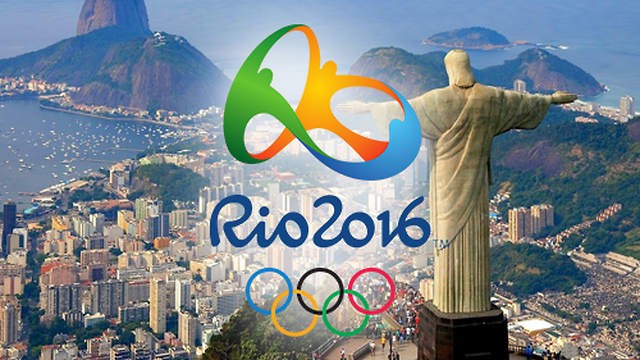
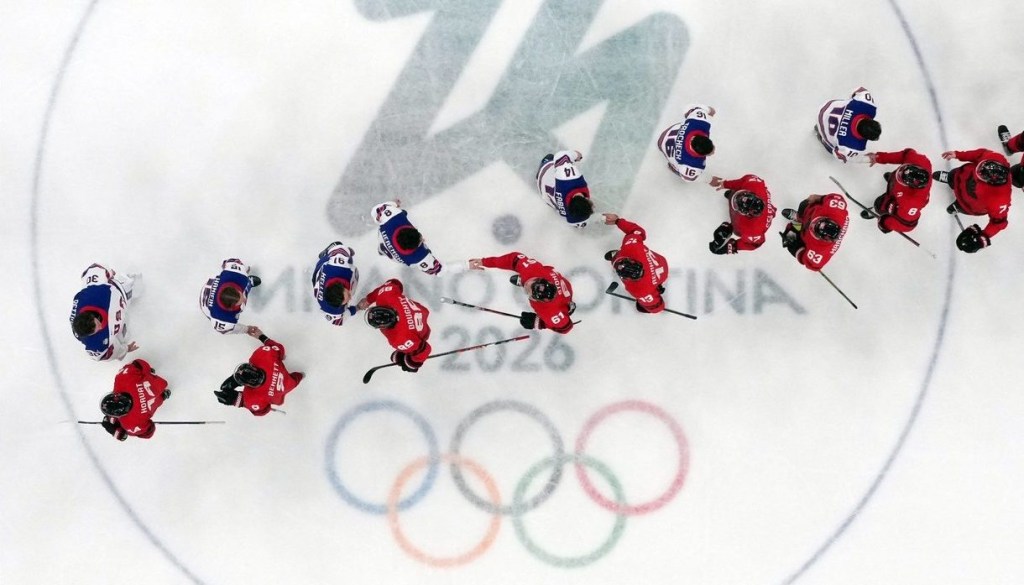
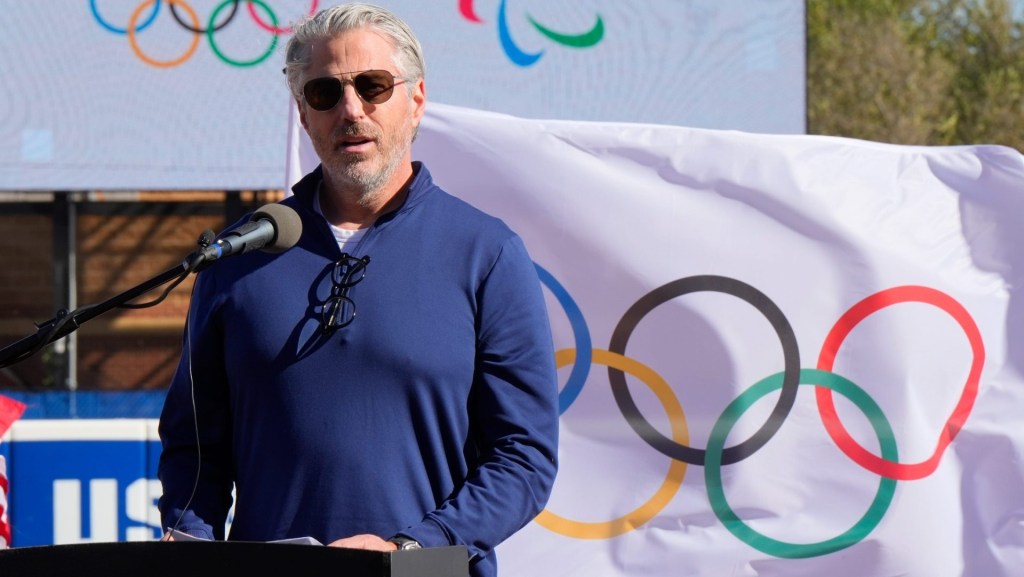
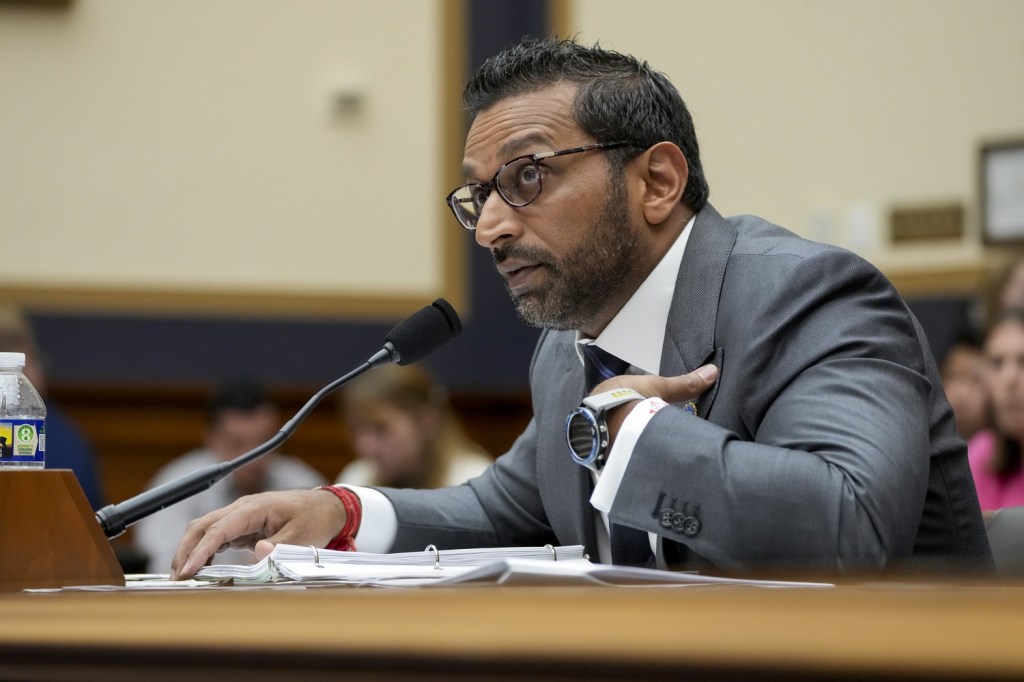
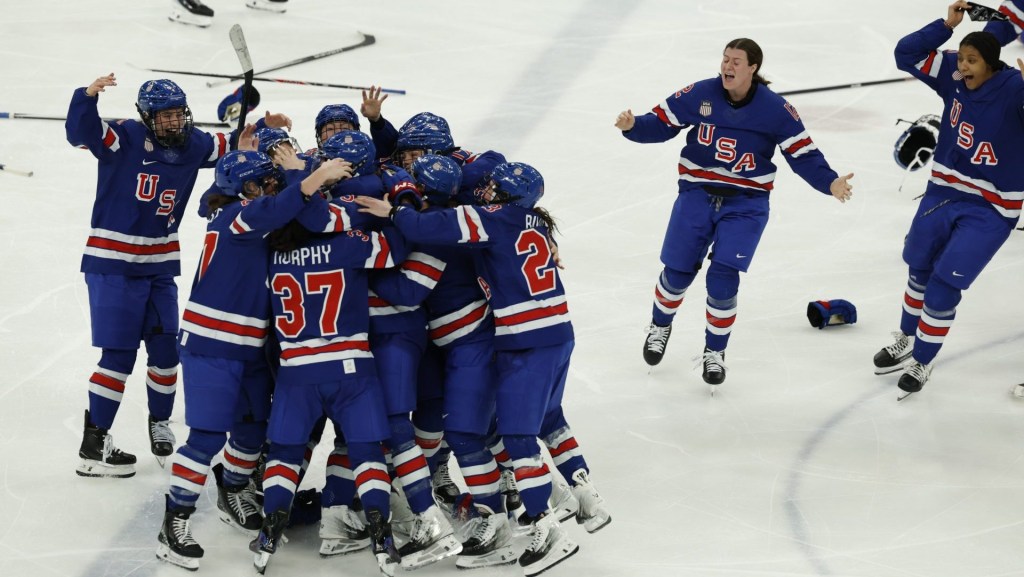
![[Subscription Customers Only] Jul 13, 2025; East Rutherford, New Jersey, USA; Chelsea FC midfielder Cole Palmer (10) celebrates winning the final of the 2025 FIFA Club World Cup at MetLife Stadium](https://frontofficesports.com/wp-content/uploads/2026/02/USATSI_26636703-scaled-e1770932227605.jpg?quality=100&w=1024)



